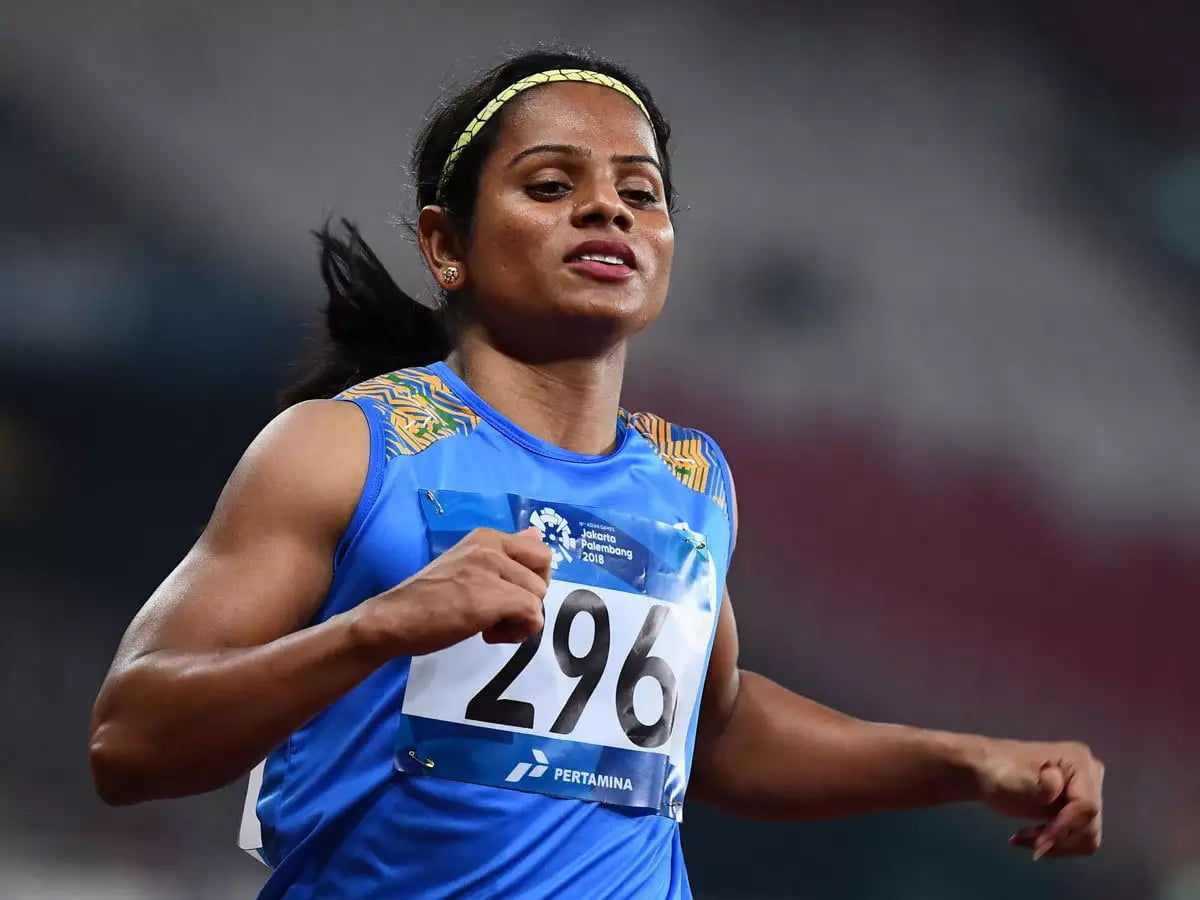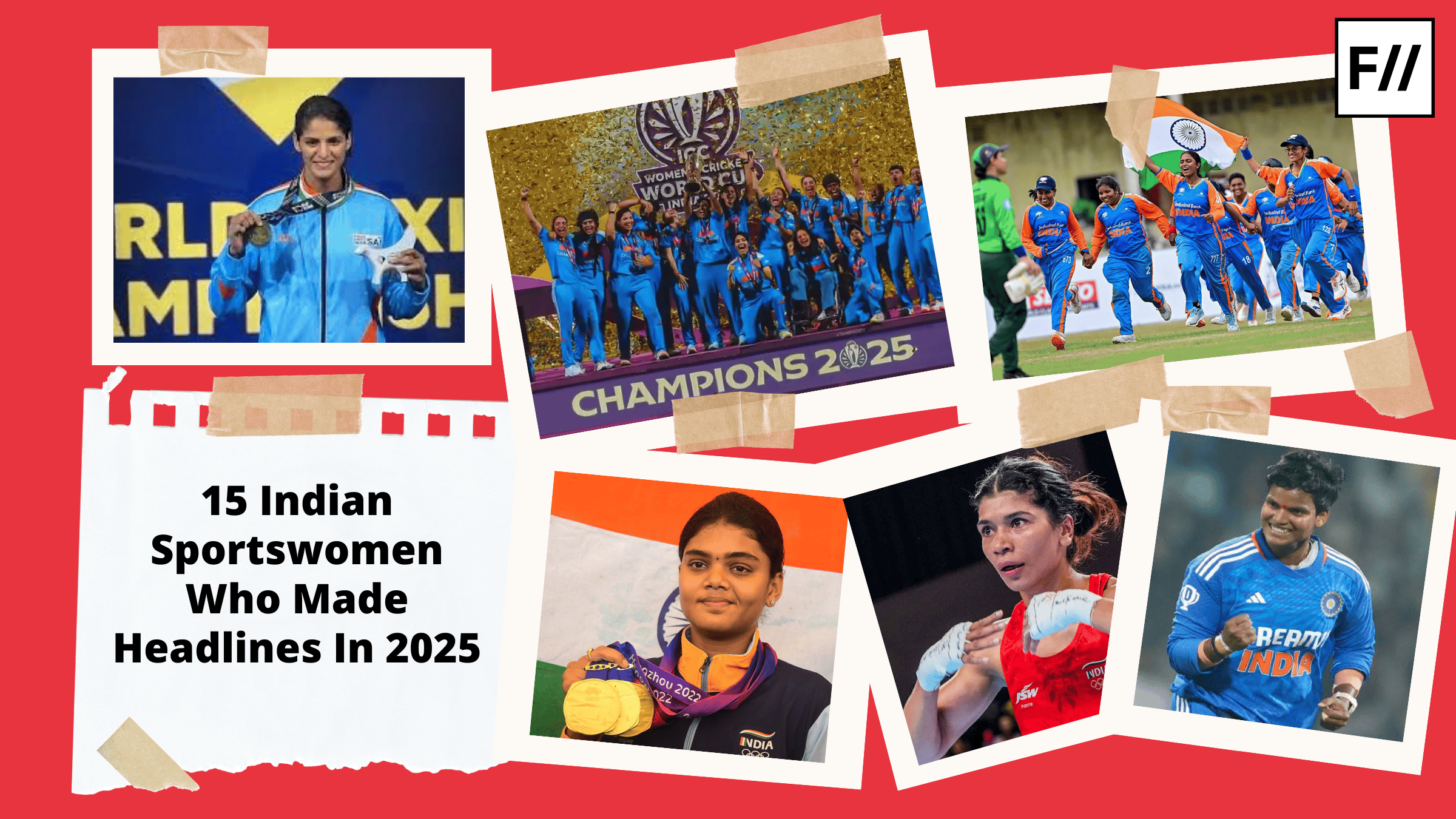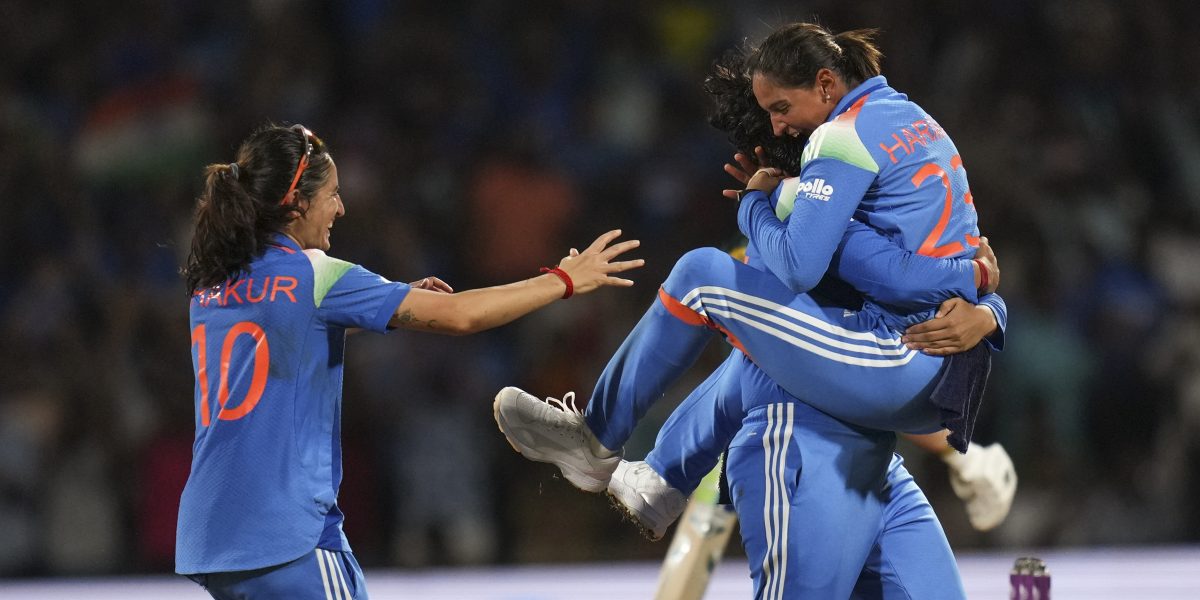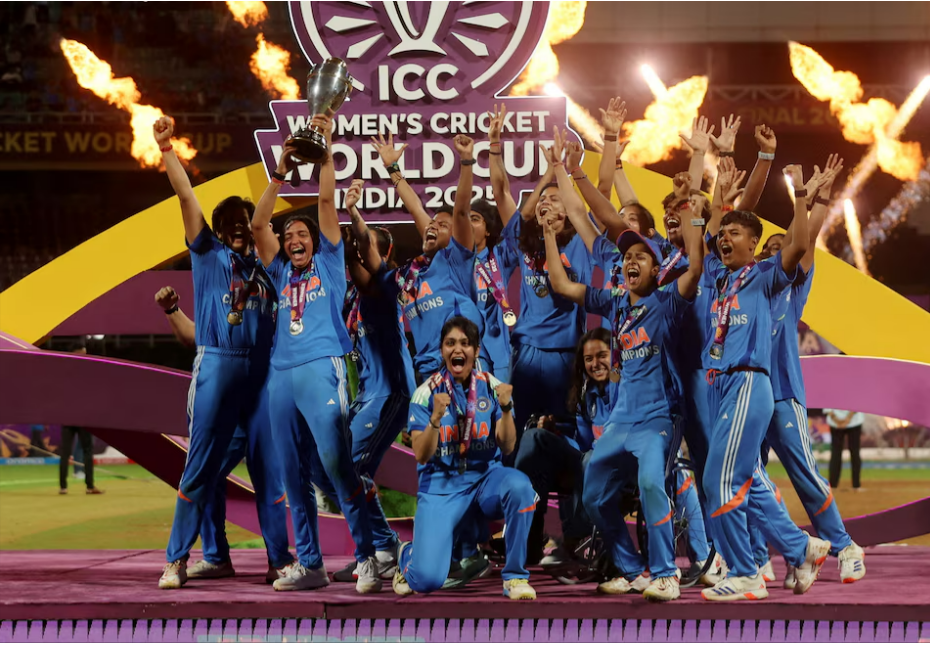The treatment of women sportspersons and athletes in India has for long had an abysmal record. Starting from pay to resources for training and even the treatment met out to them reeks of a deep-rooted sexist belief that sports is a man’s arena.
The story of the second-fastest female sprinter in Asia, Dutee Chand not only showcases the unequal playing field that exists for women in sports but also highlights the deeply problematic obsession of patriarchy that forces women to prove their “female-ness” and chides them when they don’t fit into the checkboxes.
25-year-old Dutee Chand is the current national champion in the women’s 100 meters event, and she scripted history in 2019 when she became the first Indian to win a gold medal in 100m race in a global competition at World Universiade in Naples. Dutee is also the first openly gay athlete from India. She came out in 2019, a step that also meant extreme ostracization, not just from the sporting world and the larger society but also from her own family.
The story of the second-fastest female sprinter in Asia, Dutee Chand not only showcases the unequal playing field that exists for women in sports but also highlights the deeply problematic obsession of patriarchy that forces women to prove their “female-ness” and chides them when they don’t fit into the checkboxes.
Dutee’s story is a testimony of how an unequal society and systemic bias have collectively tried to demean her, harass her, and hold her accountable for raising her voice and claiming her rightful place. Dutee, who had started running from the age of four saw her hopes crumbling in front of her in 2014 when the Athletic Federation of India (AFI) forced her to pull out of the Commonwealth Games because of a medical condition called hyperandrogenism that leads to the body producing excessive testosterone, which commonly is referred to as the male sex hormone.

The International Association of Athletics Federation’s rule dictates that if a player’s natural testosterone level is above those set for women by the world body, they cannot compete. The rule itself is a giant flaw as it not only creates a strict and problematic male-female binary but also measures it depending on a natural hormone produced by the body. Dutee was faced with a humiliating attempt to prove herself to the authorities.
Also read: Caster Semenya Case: The Bias Against Women’s ‘Manly’ Bodies In Sports
It is therefore also not surprising that the International Olympic Committee has a similar rule that stipulates the organization’s criteria for determining eligibility to participate in women’s competitions, while no such rule exists for men’s sports. Male athletes are not questioned for having a low level of testosterone, thus displaying blatant discrimination based solely on a person’s gender.
Dutee Chand refused to accept the unfair treatment that was met out to her. She challenged the ban and decided to fight to claim her space. She made an appeal before the Court of Arbitration for Sport, calling out the discriminatory policy for what it was.
Following this rule and a consequent one-year ban, when many athletes have in the past either taken hormone-suppressing drugs to reduce their testosterone levels or have gone ahead with surgery for the same, Dutee refused to accept the unfair treatment that was met out to her. She challenged the ban and decided to fight to claim her space. She made an appeal before the Court of Arbitration for Sport, calling out the discriminatory policy for what it was.
“I feel that it’s wrong to have to change your body for sports participation. I’m not changing for anyone”, these were her words as she fought tooth and nail to bring to light a hugely debated issue that had plagued female athletes for years. The court finally struck down the rule in 2015, saying that the science behind the rule was faulty and the tests were unfair and invasive.
It was a vindication of sorts for Dutee, and it was a win not just for her but for countless other women in sports who had been fighting this unfair battle of proving that they deserve to compete. And her comeback match too was as special. The sprinter participated in the 18th Asian Games, Jakarta, Indonesia, where she not only made the world record in the fastest 100-meter sprint by an Indian woman athlete in 2018 but also brought home two silver medals in the 100- and 200-meter races.
Dutee’s fight against the big sporting administrations not just in India but internationally has gone a long way in making sporting bodies accept the structural faults in the discriminatory rules that they have forged, that attempt to keep women on the sidelines. Dutee’s victory also played a huge role in passing the mic to several other athletes who had gone through the same ordeal and ended up traumatised and left the sport.
But the fight was not over for Dutee. Having fought and won in court, she faced an even bigger challenge at home. A fight for acceptance for who she is. In 2019 when Dutee came out as gay and chose to become public about her relationship to the world, she was not only critisised by the people but also her own family. While being India’s first LGBTQ+ athlete did give huge hope to countless others who were still trying to soak in the impact of the decriminalisation of article 377 in 2018, it also meant further trolling and targeting for her sexual orientation.
Dutee’s fight has not just been with the patriarchal society but with her own parents and family from whom she faced severe hostility. Both her parents are yet to accept their daughter’s relationship with her partner and have gone on to call it “immoral and unethical” adding that they support her in sports but not beyond that.
A lot of the backlash that Dutee has received has its roots in the fact that our Indian society is still primarily conservative and relies on archaic rules that were forged by men, for men. This rulebook of patriarchy looks at the word in binaries and refuses to accept or acknowledge anything or anyone that is different. Hence, despite having put up a constant fight against anything that has been thrown her way, it continues to be a fight for Dutee as societal prejudices persist.
In a country like India, where being a sportswoman itself is somewhat of an anomaly and a constant fight to be recognised, Dutee’s fight has been doubly hard because of her choice to not back down despite severe pressure and stand up for who she is and live her life on her own terms. However, she is aware of the scrutiny and the personal as well as professional repercussions that her publicly outspoken stance, of taking up control and asserting her agency, can have.
Also read: Male Gaze In Sports: Female Athletes Are Sportspersons, Not Bodies To Be Objectified
In a country like India, where being a sportswoman itself is somewhat of an anomaly and a constant fight to be recognised, Dutee Chand’s fight has been doubly hard because of her choice to not back down despite severe pressure and stand up for who she is and live her life on her own terms.
Dutee won the Arjuna Award in 2020, which is the second-highest sporting honour in the country. With this, she also became the first athlete belonging to the LGBTQIA+ community to receive this award. Dutee’s fight from the very beginning has been against all the injustices of the society that have tried to tie her down, just because of her identity, for being true to herself and not agreeing to be defined by checklists and stereotypes. Her fight has been to reclaim her own body and her sexuality from the patriarchy and be real and honest. Her story has been that of inspiration, change and an undying will to survive and stand tall despite all.
Featured image sourcr: Times Of India
About the author(s)
Shriya is a former student of literature and a multimedia journalist with an interest in sports and human rights. She can be found watching Shah Rukh Khan movies or listening to Ali Sethi and 90s Bollywood songs. She enjoys a good cup of black coffee multiple times a day and is often compared to 'Casper, the friendly ghost'.




